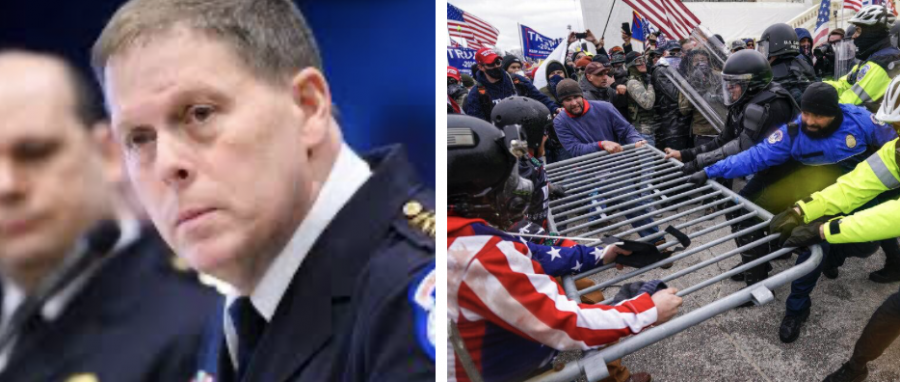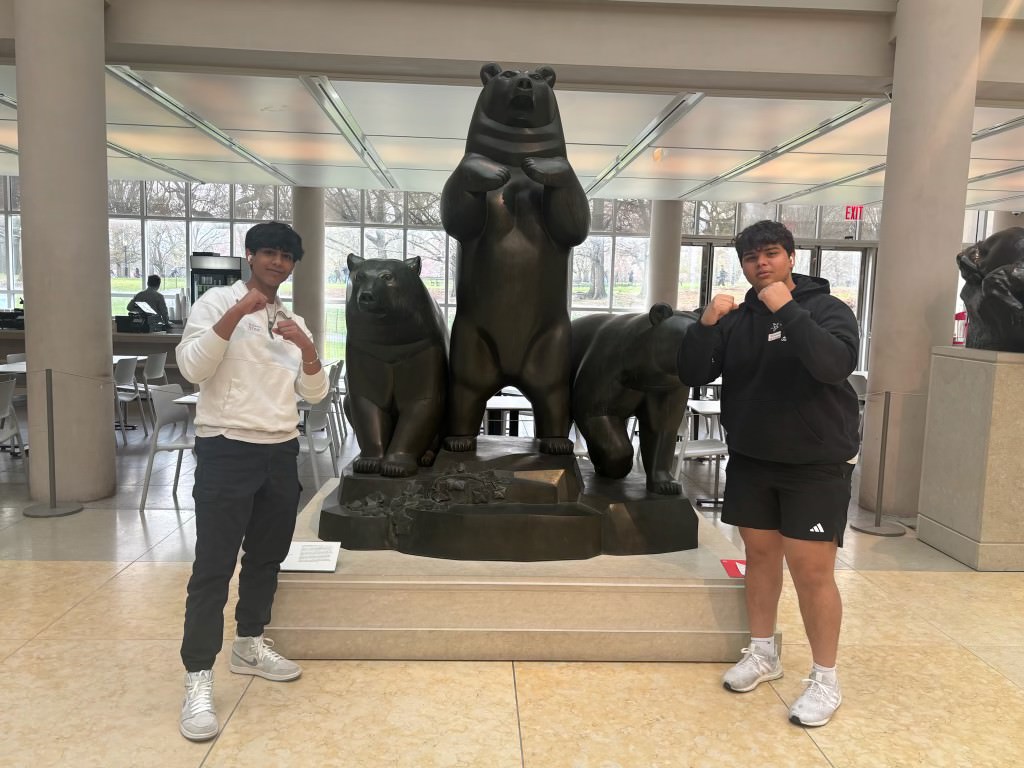Officers Resign After Capitol Insurrection
February 11, 2021
The U.S. Capitol insurrection on January 6th has resulted in the resignations of several high-level security officials, amid pressure from lawmakers and the general public.
The Capitol’s top three security officials resigned a day after the events, the first major breach since the War of 1812. Senate Sergeant-at-Arms and Doorkeeper Michael Stenger resigned before he could be fired by incoming Senate Majority Leader Chuck Schumer. U.S. Capitol Police Chief Steven Sund also resigned, after House Speaker Nancy Pelosi and others pressured for his removal. House Sergeant-at-Arms Paul Irving, responsible for security plans, resigned as well.
Lawmakers have criticized the security failures displayed at the Capitol, and the lack of preparation on the part of top officials. Almost a week before the riot, California Representative Maxine Waters had questioned Sund on the measures being taken to protect the Capitol. Waters says, “He assured me that they have everything under control, that they were on top of everything.”
On that day, mobs of rioters surrounded the Capitol barricades, injuring more than 50 officers. Their rampage and path of destruction through the building seemed to draw little resistance from the Capitol police, who made only 14 arrests. Some police even paused to take selfies with the insurrectionists.
An absence of crowd control tools was also noted by experts, such as mounted officers or heavily manned perimeters. It took only minutes for the outer fence lines to collapse, as officers went into full retreat.
The Capitol Police is one of the largest, best-funded, most focused police departments in the United States. With a budget of over $460 million and around 2,000 officers tasked with guarding only 2 square miles, current and former police chiefs, experts, and lawmakers were appalled at how easily they were overtaken by the mob.
“They’ll have to admit one of two things: Either they’ll have to say that they can’t protect the Capitol, or they’ll have to admit that they gave certain people preferential treatment because they didn’t view them as threats,” said Christopher Chapman, criminology professor at the City University of New York. “And considering we have the most well-trained police force in the world, I doubt it’s the first.”
Pentagon officials stated that the Capitol Police had denied additional National Guard before the storming. It was also revealed that they rejected help from the F.B.I. as the rioters closed in, and waited hours to request assistance from the Department of Homeland Security.
Michael Chertoff, former Homeland Security secretary, stated that “The failure was the Capitol Police. They would have to be the requesting agency. But they were late in doing it. It wasn’t a surprise attack, all you had to do was read the newspaper and see that the president was telling people to go wild.”
Charles Ramsey, former D.C. police chief, commented that “They were overwhelmed; they did not have the resources. You have to be able to protect the Capitol.”
Steven Sund has been replaced as Capitol Police Chief by Assistant Chief Yogananda D. Pittman, a Capitol officer since 2001.
Sund wrote in his resignation letter: “It has been a pleasure and true honor to serve the United States Capitol Police Board and the Congressional community alongside and the women and men of the United States Capitol Police.”
His biography described him as an “expert in critical incident management”.
















